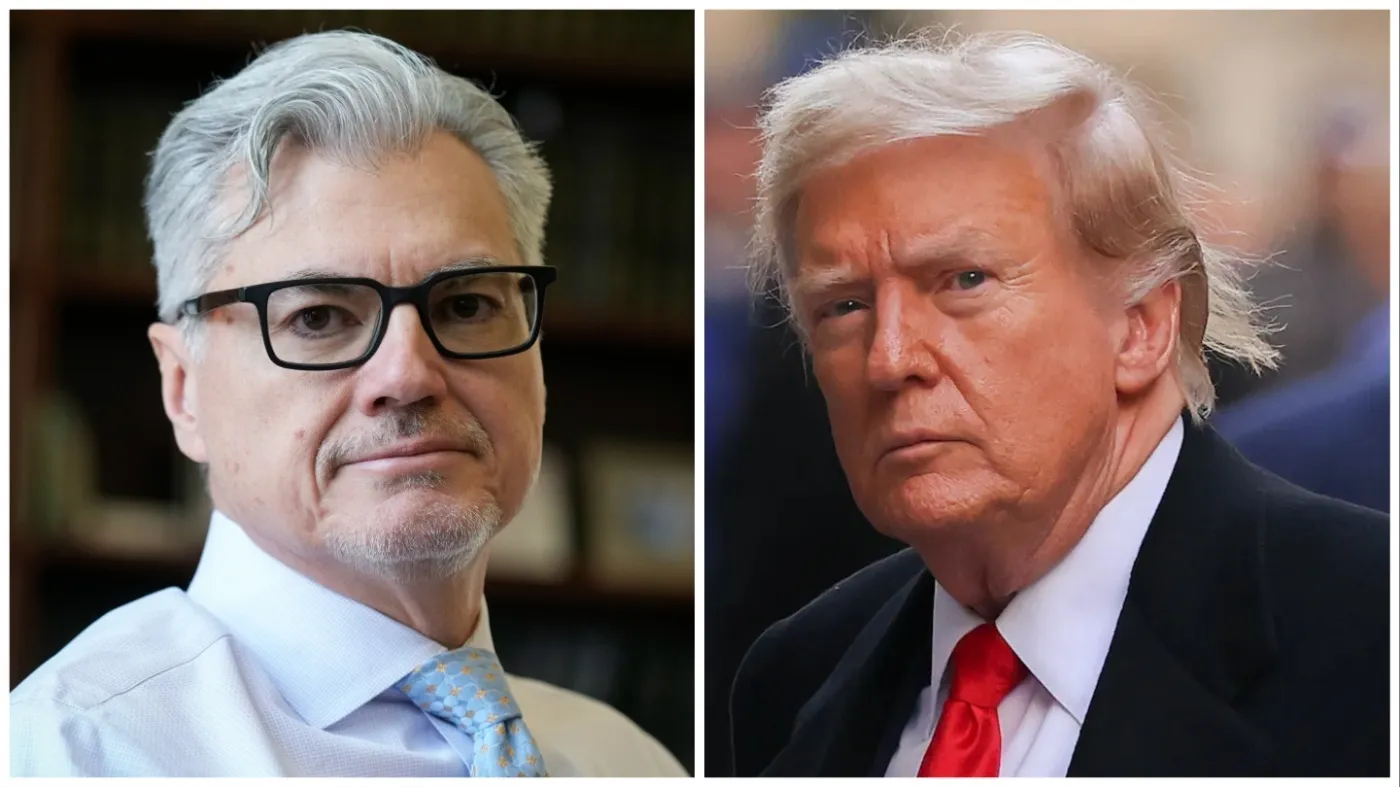A fiery debate has erupted following New York Judge Juan Merchan’s decision to schedule the sentencing of President-elect Donald Trump on January 10, 2025, just ten days before he is set to be inaugurated. Critics argue that the timing is a deliberate attempt to tarnish Trump’s reputation by ensuring he assumes office branded as a “convicted felon.” The decision has drawn widespread scrutiny and raised questions about the intersection of law and politics in this unprecedented case.
Background of the Case
Trump’s conviction stems from 34 felony counts of falsifying business records, related to hush money payments made during his 2016 presidential campaign. These payments, allegedly intended to silence adult film actress Stormy Daniels, were deemed to have been improperly recorded in Trump’s financial records to conceal their connection to campaign activities.
Despite motions from Trump’s legal team to dismiss the charges, citing political motivations and lack of merit, the court found sufficient evidence to convict him. Trump has vehemently denied any wrongdoing, labeling the case a politically motivated “witch hunt.”
Judge Merchan has indicated that Trump’s sentence will likely involve an “unconditional discharge,” meaning no jail time, fines, or probation. However, the timing of the sentencing has sparked controversy and allegations of judicial bias.
Allegations of Judicial Bias
In an opinion piece for Fox News, legal analyst Gregg Jarrett contended that Judge Merchan’s decision to hold the sentencing so close to Inauguration Day is part of a calculated effort to undermine Trump’s credibility as he prepares to reenter the White House. Jarrett suggested that the judge’s actions appear politically motivated, noting that the timing is likely to overshadow the historic inauguration of a twice-elected president.
“Any objective judge would have dismissed this case as a farce, but the goal here is clear—to brand Trump as a ‘convicted felon’ in the eyes of the public before he even takes office,” Jarrett wrote.
Implications for the Presidency
The case has sparked an intense debate about the role of the judiciary in politically charged cases and the potential ramifications for Trump’s presidency. The branding of a President-elect as a convicted felon just days before inauguration is unprecedented and could have far-reaching consequences.
Political analysts warn that the timing of the sentencing may influence public perception of Trump’s legitimacy, potentially undermining his ability to govern effectively from the outset of his term. It may also embolden Trump’s critics, who argue that his legal troubles are symptomatic of broader ethical concerns.
On the other hand, supporters of Trump see the case as a politically motivated attack designed to delegitimize his presidency. They argue that the charges lack substance and that the judicial process is being weaponized to achieve partisan ends.
Supporters Rally Behind Trump
Trump’s allies have rallied to his defense, accusing the judiciary of bias and overreach. They argue that the charges are part of a long-standing effort by political opponents to discredit Trump and block his return to power.
“President Trump is being targeted because he represents a threat to the political establishment,” said Congressman Mark Meadows, a staunch Trump ally. “This isn’t about justice—it’s about stopping a movement that puts the American people first.”
Trump himself has remained defiant, using the case to galvanize his supporters. In a recent statement, he vowed to continue fighting for his agenda, calling the charges a “disgraceful attack on democracy.”
Legal and Political Dynamics
The case also raises important questions about the broader implications of using the legal system to address alleged misconduct by high-ranking political figures. Critics argue that the pursuit of criminal charges against a sitting or former president risks politicizing the justice system and eroding public trust.
“This is a dangerous precedent,” said constitutional scholar Dr. Elena Morgan. “While accountability is essential, the timing and handling of this case create a perception that the judiciary is being used as a tool for political gain.”
Looking Ahead
As the sentencing date approaches, the debate over Judge Merchan’s decision is likely to intensify. Trump’s legal team has indicated they will continue exploring avenues for appeal, arguing that the case is deeply flawed and politically motivated. Meanwhile, the nation is left to grapple with the implications of a President-elect navigating felony convictions while preparing to take office.
This case underscores the unique challenges of balancing legal accountability with the need for stable governance, particularly in a deeply divided political climate. Whether the January 10 sentencing will impact Trump’s presidency remains to be seen, but its timing ensures it will remain a focal point of controversy for months to come.

